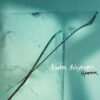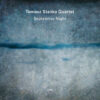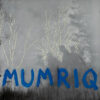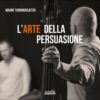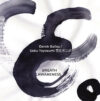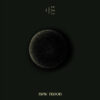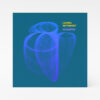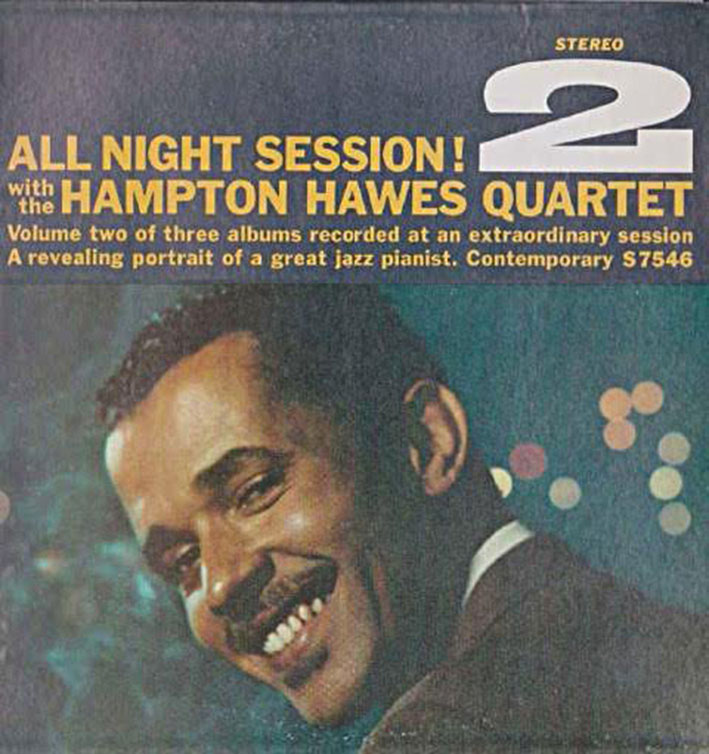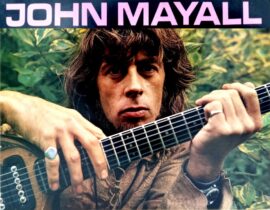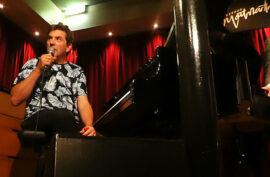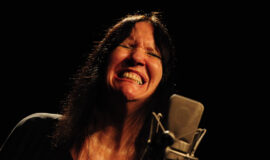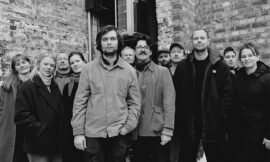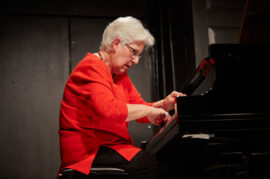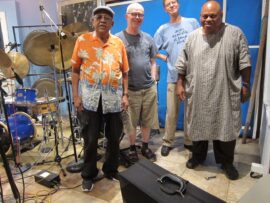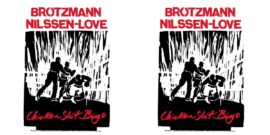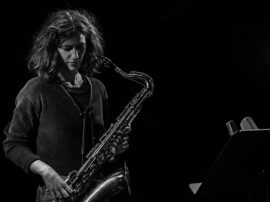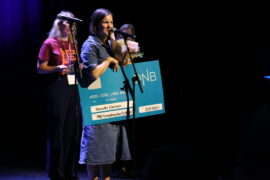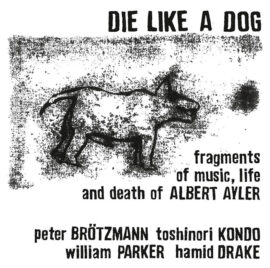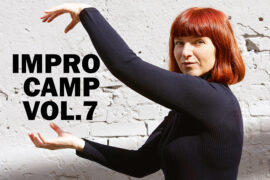«All Night Session, Vol. 1-3»
CONTEMPORARY RECORDS C7545-7
One of the most underrated musicians in the history of jazz is without doubt Los Angeles born bebop pianist Hampton Hawes (1928 – 1977). During his hey day roughly from mid-1950’s to mid 1960’s he did, however, receive quite a lot of recognition for example from his colleagues. Billie Holiday called Hawes ‘her son’, and according to Dexter Gordon he was ‘one of the most natural, swinging, and electrifying pianists I ever played with’. He was ‘Arrival of the Year’ in Metronome jazz magazine in 1955 and ‘New Star Pianist’ in 1956’s Down Beat. Even J.F. Kennedy honored him and gave Hawes a presidential pardon while he was doing his 5-year stint (for narcotis) in prison.
However, Hawes’s overall legacy has been almost completely forgotten. A rare exception has been Oscar Petersen who openly named Hawes as his big role model. Even among many devoted jazz fans Hawes’s name has, unfortunately, remained relatively unknown.
Yet Hampton Hawes was a master pianist with brilliant technical skills and a personal concept of harmony. His robust, fiery, vital and inventive piano playing was one of its kind. He himself was influenced by Bud Powell, Thelonious Monk (both as a person and as a musician). And Charlie Parker, of whom he learned the importance of timing, and the bluesy feeling, plus, unfortunately, the bad habit of using the big H.
«All Night Session», was an extraordinary recording session indeed. In an almost two hours the quartet recorded altogether 16 pieces practically in a row during the night /morning on November 12 – 13, 1956. An exhausting, both physically and mentally hard job! Inspite of that the music kept its spontaneity, vitality, and hard drive from the beginning to the very end.
Tempos were mostly fast or super fast with just a couple of exceptions (like I Should Care, for example). No matter the tempo was, drummer Bruz Freeman kept his brushes busy. With them he kept a great swing together with Red Mitchell who, at that time, was at the tender age of 21. Guitarist Jim Hall is most of the time rather silently on the back ground. But when it is his turn to take a solo, he is really burning fiery and still at the same time maintains his beautiful melodic approach, too.
The material on the albums consists mainly of often played bebop and other standards of the time: Groovin’ High, Jordu, April in Paris, I’ll Remember April and so on. Out of the 16 tracks four are Hawes’s originals. They are blues based pieces composed on the spot, just before the session. Once again another excellent example of his spontaneous creativity.
One interesting detail of this recording session is that all the compositions are on the albums in their playing order and no further editing was ever made. Still there is a beautiful sound and natural balance between the instruments.
Before «All Night Session», Hawes had made three trio albums (w. Red Mitchell and Chuck Thompson) for Contemporary. But above all Hawes loved the quartet concept. It gave him, in his own words, ‘a continuous inspiration from his fellow musicians’ solos’. He continued doing albums in both formats as well as a rare and inspiring solo piano album The Challenge (Storyville, 1968).
However, his career after mid-sixties wasn’t anymore as glamorous as it was around the period All Night Session was made. These three albums present Hampton Hawes’s greatest musical legacy.
The wonderful duo album with another master, Charlie Haden, «As Long As There ‘s Music» (Artists House, 1976) remains as a kind of Hawes’s Swan Song, recorded just less than a year before his death of a massive brain hemorrage at the age of 48.
Recommended reading while listening: Hampton Hawes & Don Asher: «Raise up off Me» (Da Capo Press).
Timo Vähäsilta
Hampton Hawes (p), Jim Hall (g), Red Mitchell (b), Bruz Freeman (dr)
[amazon_link asins=’B01GUGNHZC’ template=’salt-peanuts-amazon-link-NO’ store=’salt-peanuts-21′ marketplace=’UK’ link_id=’6f986ecd-b82d-11e8-89c1-a7a6c8080226′]

